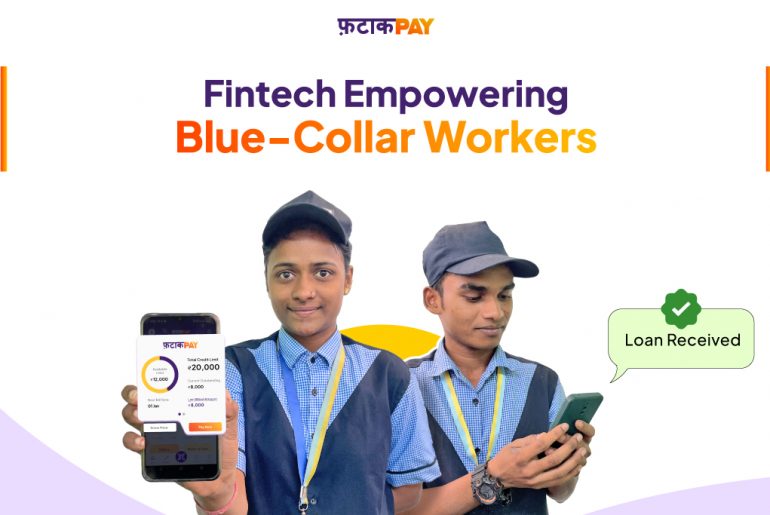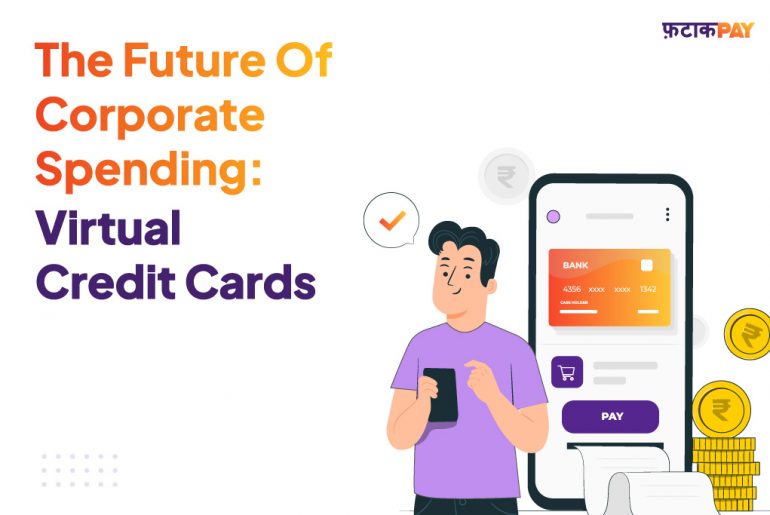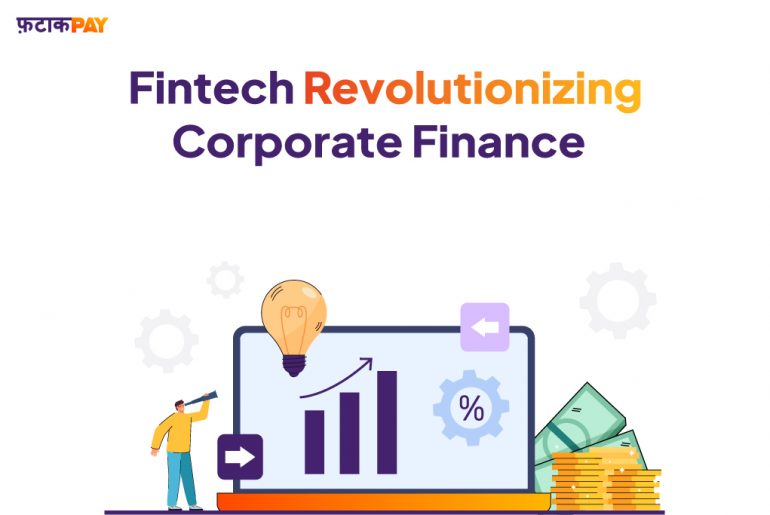The fintech industry, which is rapidly growing, involves leveraging technology to simplify financial transactions and make them more accessible. While this industry has historically targeted white-collar employees, there is a noticeable shift towards enabling blue-collar workers to benefit from fintech solutions.
These workers often face financial challenges such as irregular pay cycles, dependency on high-interest borrowing, and limited access to traditional banking services. With the rise of instant loans, digital payments, and flexible credit products, fintech is playing a crucial role in addressing these gaps and helping blue-collar workers move towards a more stable financial future.
Understanding the Blue-Collar Workforce
Blue-collar workers are essential to the manufacturing, construction, and transportation industries. They are typically associated with manual labour and skilled trades and are vital in keeping these industries running.
However, they often face difficulties accessing financial services that meet their specific requirements. Traditional banking systems can be inflexible, bureaucratic, and even discriminatory, resulting in many blue-collar workers being underserved or ignored altogether. This makes understanding personal loan eligibility and access to simplified digital credit systems extremely important for this segment.
The Rise of Fintech for Blue-Collar Empowerment
1. Digital Payment Solutions:
The financial technology industry, or Fintech, has significantly transformed how transactions are carried out, particularly for individuals who require straightforward access to conventional banking services.
With the emergence of digital payment systems such as mobile wallets and peer-to-peer payment applications, people in blue-collar professions can make and receive payments effortlessly, regardless of location. This diminishes the need for physical currency and ensures faster and more secure financial transactions, providing a more convenient and reliable experience for all parties involved.
2. Financial Inclusion through Neobanks:
In recent years, neobanks have revolutionised the traditional banking industry by leveraging digital technology to provide more accessible and more convenient access to financial services. These digital-only banks eliminate the need for extensive paperwork or physical branch visits, enabling blue-collar workers and other previously underserved populations to open bank accounts with minimal hassle.
By eliminating friction and offering transparent services, neobanks have become a powerful tool for financial inclusion, aligning closely with the broader fintech mission discussed at forums like the GFF Conference 2025.
3. Budgeting and Savings Apps:
Fintech-powered budgeting tools help workers track expenses, plan savings, and improve overall employee financial wellness. Reduced financial stress directly improves focus, productivity, and quality of life..
These apps have many tools that allow users to efficiently track their expenses, set achievable savings goals, and obtain valuable insights into their spending patterns. By offering personalized financial guidance, these applications empower individuals to take charge of their financial health and secure their future.
4. Microfinance and Microlending Platforms:
It is a common problem for blue-collar workers to face difficulties obtaining traditional loans, mainly because of the strict eligibility criteria. However, thanks to the emergence of financial technology, also known as Fintech, microfinance and microlending platforms now cater to individuals who need a lengthy credit history.
These platforms offer small, accessible loans that enable workers to invest in various tools, education, or business ventures that can significantly improve their earning potential. This is an excellent opportunity for blue-collar workers who have been overlooked by traditional lenders and can now access financial resources to help them achieve their goals.
5. Insurance Solutions:
The insurance sector has witnessed significant advancements due to the emergence of Fintech. This has resulted in the availability of innovative and cost-effective coverage options. With tailored insurance products designed for blue-collar workers, individuals can now avail of health, accident, and income protection coverage that addresses their unique needs. This provides a safety net for unforeseen situations and promotes financial resilience within the workforce, enhancing overall stability and security.
Advantages of Fintech:
1. Accessibility Redefined
Fintech has a considerable advantage in removing obstacles to financial services. In the past, people had to navigate bureaucratic hurdles and geographical limitations to access banking services. However, Fintech has democratised finance by allowing individuals and businesses from all backgrounds and locations to access various financial services easily.
2. Efficiency at Its Core
Financial transactions no longer require waiting in long queues or dealing with cumbersome paperwork. Fintech solutions simplify processes such as transferring funds, paying bills, or applying for loans, reducing the time and effort involved. Using automation and digitalization, fintech platforms improve efficiency, freeing up valuable time for consumers and financial institutions.
3. Empowering Cost-Effectiveness
In the past, interacting with financial services could be very expensive due to fees that were only sometimes disclosed, high interest rates, and other expenses. Fintech has disrupted this usual way of doing things by providing more affordable and transparent options. By offering lower transaction fees and better interest rates, fintech solutions help consumers save more money and reduce operational costs for businesses.
4. Driving Innovation Forward
Fintech is all about innovation and pushing the boundaries of what is possible in finance. This industry is responsible for bringing us blockchain technology, which has revolutionized digital currencies and AI-powered algorithms that optimize investment strategies. Fintech companies are driving progress across the financial ecosystem by embracing new technologies and agile business models. Their creativity and ingenuity create a culture of innovation that fuels a cycle of improvement.
5. Championing Financial Inclusion
Despite the advances in contemporary finance, many people worldwide still need adequate access to traditional banking systems. Fintech emerges as a ray of hope for financial inclusion, as it extends its services to underprivileged communities and offers them access to crucial banking services. With the help of mobile banking, peer-to-peer lending, and microfinance solutions, Fintech enables individuals and businesses to engage in the worldwide market according to their conditions.
6. Personalization Unleashed
No two individuals have the exact financial needs or goals, and FinTech recognizes this diversity by offering personalized solutions tailored to each user’s preferences. Whether it’s budgeting apps that provide customized financial insights or robo-advisors that offer tailored investment portfolios, Fintech puts the power of personalization into the hands of consumers. By leveraging data analytics and machine learning, fintech platforms deliver hyper-personalized experiences that resonate with users on a deeper level.
7. Fortifying Security Measures
In an age where cyber threats loom large, ensuring the security of financial transactions and data is paramount. Fintech companies prioritize security, employing robust encryption, biometric authentication, and fraud detection technologies to safeguard sensitive information. By staying vigilant and proactive against emerging threats, fintech platforms instil confidence and trust among users, laying the foundation for a secure digital financial ecosystem.
8. Speeding Towards Real-Time Transactions
In today’s fast-paced world, speed is of the essence, especially when it comes to financial transactions. Fintech delivers real-time access to financial information and instant processing of transactions, eliminating the delays and uncertainties associated with traditional banking systems. Whether sending money across borders or receiving payments instantaneously, fintech platforms empower users with the agility and responsiveness needed to keep pace with modern life.
9. Embracing Global Connectivity
The beauty of Fintech lies in its ability to transcend geographical boundaries, fostering global connectivity and collaboration. With Fintech, individuals and businesses can easily engage in cross-border transactions, access international markets, and explore new opportunities. By breaking down silos and fostering interoperability, Fintech paves the way for a more connected and inclusive global financial ecosystem.
10. Cultivating a Culture of Financial Literacy
Last but certainly not least, Fintech is pivotal in promoting financial literacy and empowerment. Through educational resources, interactive tools, and user-friendly interfaces, fintech platforms empower users to make informed financial decisions and take control of their financial futures. By demystifying complex financial concepts and promoting a learning culture, Fintech inspires confidence and resilience in facing economic challenges.
Global platforms and industry events like the GFF Conference 2025 continue to highlight how fintech innovation is driving financial inclusion for underserved communities such as blue-collar workers.
Challenges and Future Considerations
Although Fintech has undoubtedly made great strides in enhancing financial inclusion for blue-collar workers, there are still significant hurdles to overcome. A lack of digital literacy, limited smartphone access, and unreliable internet connectivity continue to pose challenges in certain regions. To maximize the positive impact of Fintech on this particular demographic, it is imperative to address these obstacles and consistently develop innovative solutions customized to accommodate the requirements and problems of the blue-collar workforce.
Conclusion
The realm of financial technology, often referred to as Fintech, can revolutionize how we think about traditional finance. It is not just about disrupting the old ways; it is about creating a level playing field for individuals from all walks of life. Fintech has significantly impacted blue-collar workers by providing accessible, user-friendly, and tailored financial solutions.
This innovation has empowered them to take control of their finances and make informed decisions about their money. As technology advances, the potential for further empowerment and inclusion in the economic landscape for blue-collar workers is immense. By embracing fintech solutions, we can build a more financially inclusive future where everyone has the tools and opportunities to thrive regardless of occupation or socioeconomic status.
About FatakPay:
FatakPay offers universal access to virtual credit facilities. You may access it on your phone and use it for both online and offline daily requirements. With simple payback alternatives, the system offers a nearly fast, transparent, and secure way to transact.
Click Here to Download the FatakPay app or Visit Our website.
| Personal Loans by City | ||||
|---|---|---|---|---|
| Personal Loan Bengaluru | Personal Loan Thane | Personal Loan Mumbai | Personal Loan Hyderabad | |
| Personal Loan Pune | Personal Loan Surat | Personal Loan Coimbatore | Personal Loan Delhi | |
| Personal Loans by Amount | ₹60,000 Personal Loan | ₹3 Lakh Personal Loan | ₹5 Lakh Personal Loan |
|---|





